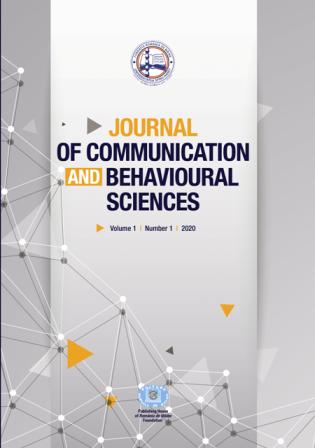EXTERNALIZING AND INTERNALIZING PROBLEMS
OF CHILDREN WITH AUTISM SPECTRUM DISORDERS
EXTERNALIZING AND INTERNALIZING PROBLEMS
OF CHILDREN WITH AUTISM SPECTRUM DISORDERS
Author(s): Ilya Fedotov, Alexandra Solovyova, Victoria Ksenofontova, Ludmila KrupskayaSubject(s): Clinical psychology
Published by: Editura Fundaţiei România de Mâine
Keywords: autism spectrum disorder; ASD; internalizing problems; problems of externalizing behavior; behavioral problems; child-parental relations; deviant behavior;
Summary/Abstract: In addition to the main symptoms, children with autism spectrum disorders (ASD) experience other emotional and behavioral problems. These problems significantly reduce the quality of life of people with ASD and increase social isolation, as well as hinder both individual and group correctional work. In addition, they are the main reason for seeking medical care, with subsequent hospitalization and prescription of antipsychotic drugs, and they dramatically worsen the quality of life of their families in general. That is why, in a number of cases, the key problem in the work of different specialists working with families raising children with ASD is the concomitant symptoms. This underscores the urgency and need to systematize and generalize theoretical ideas about etiology and pathogenesis. Model of concomitant emotional and behavioral problems has a complex structure based on some neurophysiological disorders, and the family is the social environment in which the destructive pattern is realized and perpetuated. Probably, a more detailed study of the patterns of parental behavior, the construction of child-parental relations and upbringing models, as participants in the development and maintenance of concomitant disorders of children with ASD, can be an effective point of application for intervention.
Journal: Journal of Communication and Behavioural Sciences
- Issue Year: 1/2020
- Issue No: 1
- Page Range: 35-44
- Page Count: 10
- Language: English
- Content File-PDF

